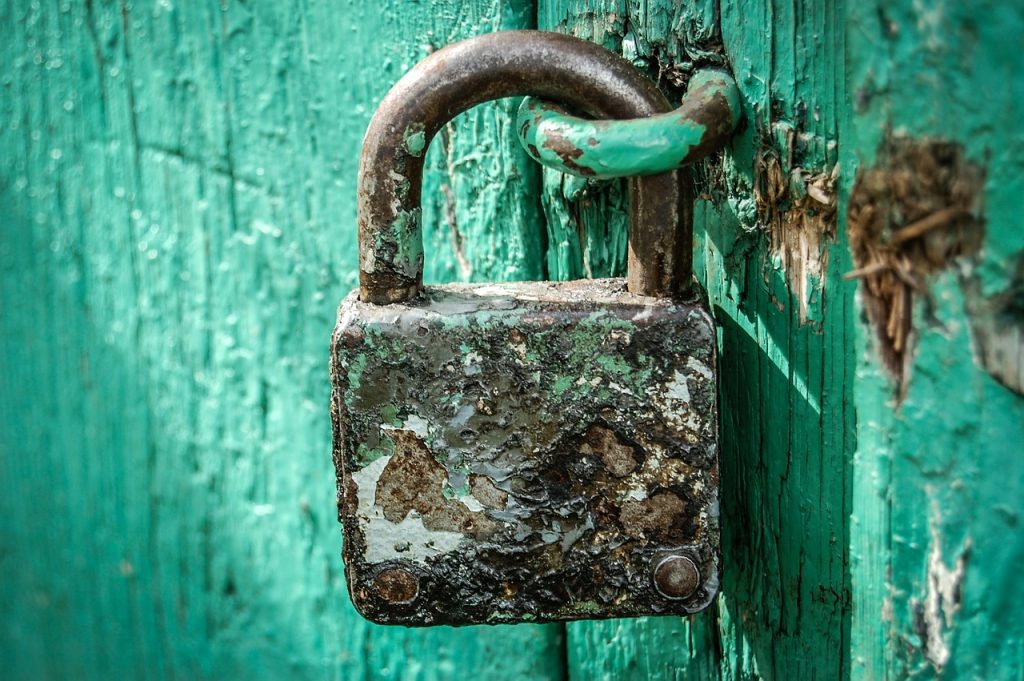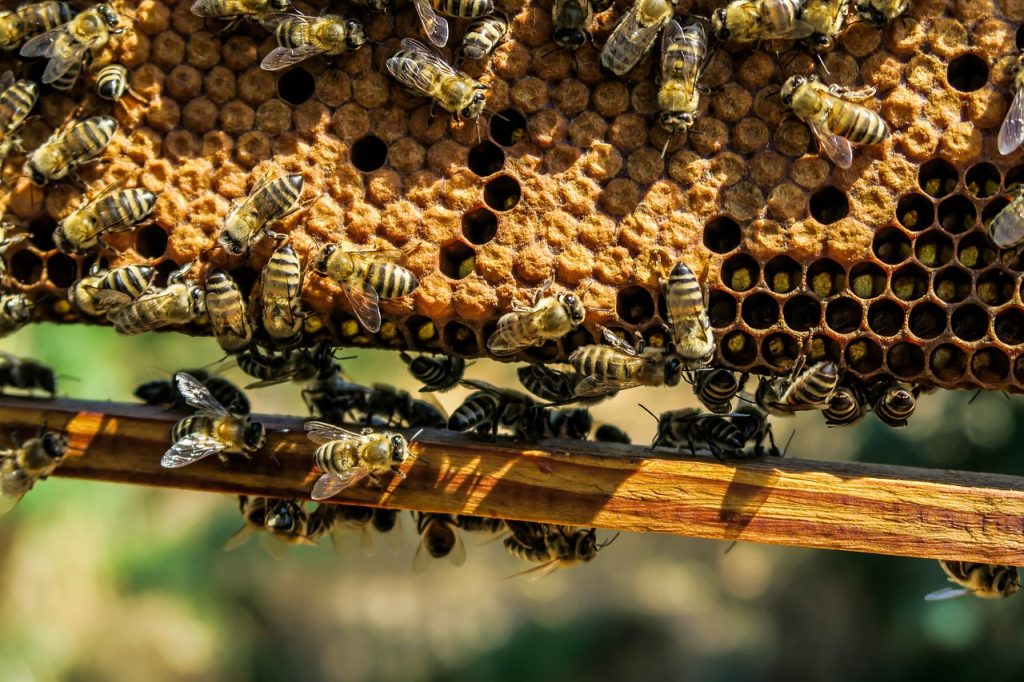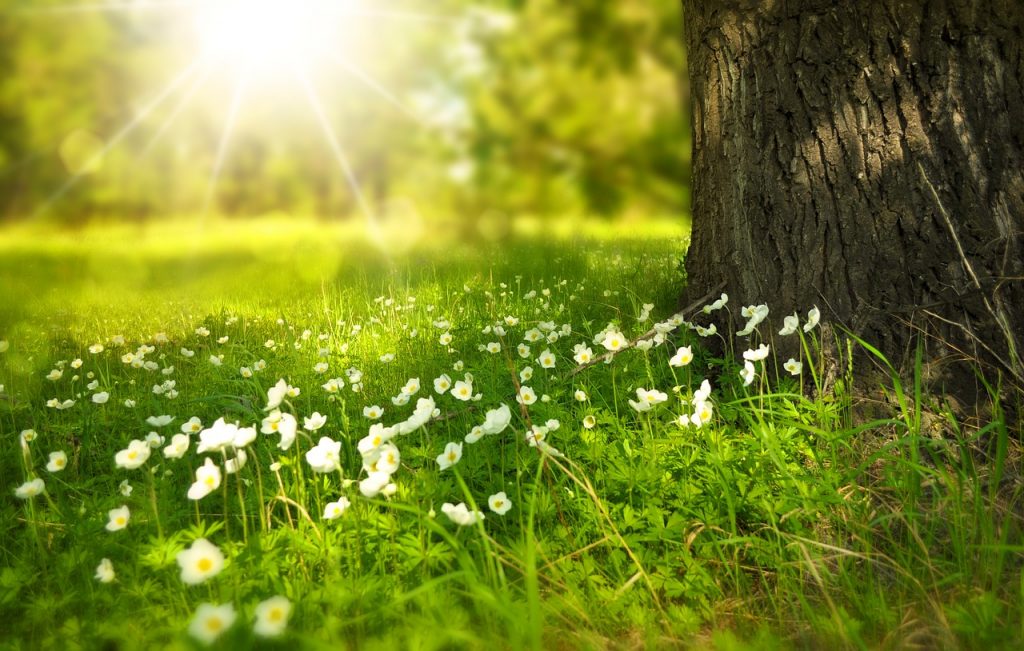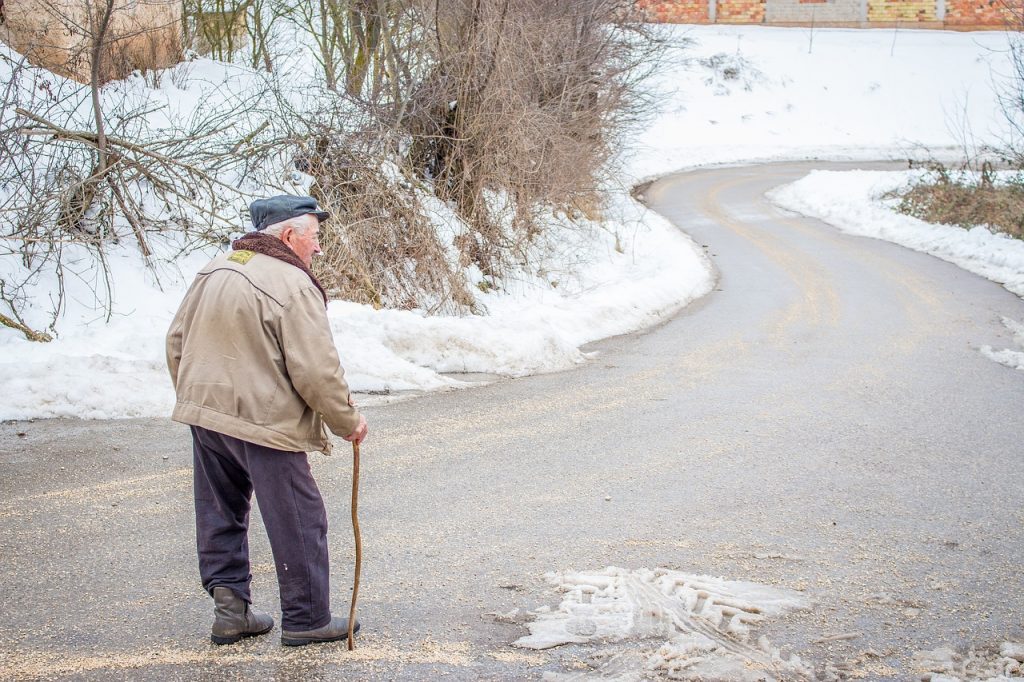German Phrases About Beginnings & Endings Posted by Constanze on Aug 14, 2019 in Language
Guten Tag! It’s nearing the end of Sommer (summer). September and Herbst (autumn/fall) represent new beginnings and the end of an era in several ways: The start of a new term at Schule (school) or Universität (university), the end of summer and the changing of the seasons as the leaves start to fall. This year, September represents a new Anfang (beginning) for me as I start something new, and a few things in my life come to an Ende (end). I felt inspired to share some German proverbs and general sayings around the subject of beginnings, endings, looking to the future, and letting go of things that have outstayed their welcome or just don’t feel right anymore. I hope you enjoy learning these sayings and can apply them to your own life, too. Here is to your Erfolg (success) and Freude (happiness)!
Wer rastet, der rostet
Literally: Who rests, rusts
Meaning: If you want to evolve, you cannot stay in the same place, literally or figuratively, for your entire life.
Aller Anfang ist schwer
Literally: Every beginning is difficult
Meaning: When you start something new, it will be tough. Stick it out. It will get easier.
Alles hat ein Ende, nur die Wurst hat zwei
Literally: Everything has an end. Only the sausage has two.
Meaning: This is a playful little proverb that simply means that everything eventually comes to an end. The play on words comes from the use of ‘ein Ende’, which translates to ‘one end’ as well as ‘an end’. So, everything has ‘one end’ – but a sausage has two!
Was mich nicht umbringt, macht mich stärker
Literally: What doesn’t kill me makes me stronger
Meaning: However bad something is, it will teach you a valuable life lesson. Fun fact: It was German philosopher Nietzsche who coined this phrase!
Klappe zu, Affe tot
Literally: Lid/mouth shut, monkey dead
Meaning: That’s the end/end of story/end of discussion.
Note: The usual meaning of Klappe is lid. However, it is an informal way of saying mouth, too. Similar to the English: Shut your trap (shut your mouth).
Morgenstund hat Gold im Mund
Literally: Morning hour has gold in the mouth
Meaning: The early bird catches the worm. Get up early to get ahead!
Bedenke das Ende
Literally: Think of the end
Meaning: Think of the consequences of your actions. This could be a positive or a negative motivator – for example, think of how good your life will be if you take action!
Berühre nicht alte Wunden
Literally: Don’t touch old wounds
Meaning: If you walked away from something that wasn’t serving you, don’t go back to it! You are better off without it.
Besser spät als nie
Literally: Better late than never
Meaning: It is never too late to chase your dreams!
Dem Mutigen gehört die Welt
Literally: The world belongs to the brave
Meaning: If you are brave, you can do anything. Take the leap and you will be rewarded.
Stochere nicht im Bienenstock
Literally: Don’t poke around in the beehive
Meaning: Don’t create a situation where there isn’t one. Sometimes it’s best to walk away and let things be. Like the English ‘let sleeping dogs lie’.
Ende gut, alles gut
Literally: Ending good, all good
Meaning: All is well that ends well.
Man muss das Eisen schmieden solange es heiß ist
Literally: You need to strike the iron while it’s hot
Meaning: Take your chance while you have it!
Besser ein Ende mit Schmerzen als Schmerzen ohne Ende
Literally: Better an ending with pain than pain without end
Meaning: The short-term pain that comes with ending something is better than not ending it and enduring pain for a lifetime
Alles neu macht der Mai
Literally: Everything new makes the May
Meaning: You can start again. No matter what you’ve gone through, in May the flowers will bloom anew.
Rom ist auch nicht an einem Tag erbaut worden
Literally: Rome was also not built in a day
Meaning: Be patient when you start something new. Good things take time.
Schnee von gestern
Literally: Snow from yesterday
Meaning: If something is ‘Schnee von Gestern’ it means it’s old news and/or doesn’t carry the same weight that it did before.
Vocabulary from the first paragraph with articles:
der Sommer – summer
der Herbst – autumn
die Schule – school
die Universität – university
der Anfang – beginning
das Ende – end
der Erfolg – success
die Freude – happiness

Build vocabulary, practice pronunciation, and more with Transparent Language Online. Available anytime, anywhere, on any device.









Comments:
Adam:
Very enjoyable post. I wish you success in your new beginning, whatever that may be.
Constanze:
@Adam Thank you very much, Adam! And I’m glad you enjoyed the post!